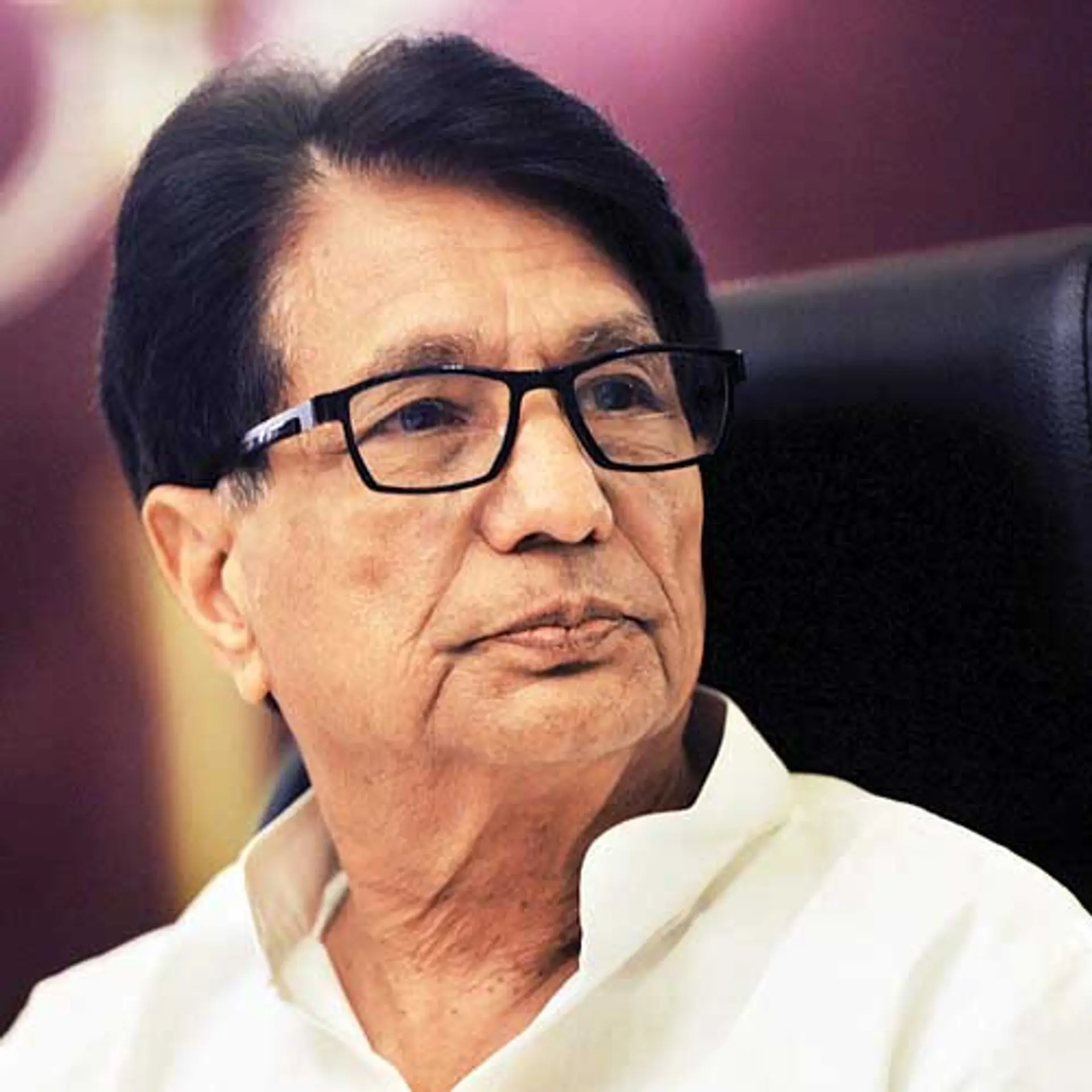

Gen Z Brings New Changes To The Indian Business Culture!
Gen Z or Generation Z is the demographic group which is much more popular than Millennials. There have been a lot of changes in the industry ever since the start of the Gen Z. Due to its features and benefits; it is also called iGeneration and Homeland Generation. Also, since the arrival of this Gen Z was after Millennials, it is called Post-Millennials.

Starting point of Gen Z: There has been many analysis and research on the start of Gen Z but there have been no accurate results that could dictate the most precise date of the Gen Z cohort beginning. There has been no surety of the dates about the start or the end of Gen Z even after demographers and researchers are continuously doing their researches in this matter so that they can be more precise about the stats and facts available regarding this matter. Due to the reason that there are no accurate dates for this matter, researchers and demographers generally prefer using the range of years that represent the birth of Gen Z. The time period from mid 1990s to early 2000s is considered the birth years of Gen Z. However, there is no surety of the ending birth time period.
What makes Gen Z Important?
There are so many things that can be considered as the advantageous point from the feature point of view when we are talking about Gen Z. There are so many aspects that can be considered and first aspect is that this has been one of the most popularly and widely spread generation that used internet from its very young age. If we talk about the different categories of members of Gen Z, then we will find out that they are considered to be highly comfortable with the technology from its very beginning. Additionally, interacting on the websites of social media has also been favorable aspect of this generation. It is the best generation amongst all that possesses the ability of socializing with its best capability. In fact, there have been many suggestions based on various analyses on this matter and they all suggest that Gen Z has the potential of bringing bigger changes than our expectations in business culture.
Explanation: Baby Boomers, Gen Z, Gen X & Gen Y
Baby Boomers: The Baby Boomers are a generation of individuals that were born during the post WWII ‘Baby Boon', generally during the years from 1946 to 1964. In the years, after WWII, numerous western countries encountered births spike as they gradually recouped from the financial hardships that was experienced during the wartime. This new generation of Baby Boomers encountered exceptional level of monetary development and success all through their lifetime. They entered the world in a period of relative hardship, yet due to education, subsidies by the government, rising property costs and mechanical progressions, they have developed as an affluent, effective and successful generation.
Examples of The Baby Boomer Generation: Steve Jobs, Sylvester Stallone, Bill Gates, Bill Clinton, George W Bush, Donald Trump, Elton John, Pierce Brosnan, Richard Gere, Lionel Richie, Richard Branson, Liam Neeson, Mr T, David Hasselhoff and Steven Seagal.
Generation X: Generation X came after the Baby Boomers, and normally covers individuals conceived between the mid 1960's and the mid 1980's. Gen X was formed by worldwide political occasions that happened during this current generation's youth age. Events, for example, The Vietnam War, the fall of the Berlin Wall, the ending of the Cold War, and the Thatcher-time government in the UK were events that molded the way of life and youth of Generation X. With respect to past generations, Gen X is more open to the diversity and has learnt to hold onto contrasts, for example, religion, class, sexual orientation, race and ethnicity.
Examples of Generation X: Charlie Sheen, Sarah Jessica Parker, Adam Sandler, Ben Stiller, Gordon Ramsay, David Cameron, Jennifer Lopez, Gwen Stefani, Jay Z, Matt Damon, Liam Gallagher, Miranda Hart, Robbie Williams and Victoria Beckham.
Generation Y: Generation Y came after Generation X. Generation Y covers individuals that were born between the 1980's and the year 2000, and these people are sometimes referred as Gen Y, the Millennial Generation, or essentially Millennials. Generation Y has been formed by the innovative upheaval that happened all through their youth. Gen Y grew up with technological innovations. So, being connected and tech savvy is in the DNA of this generation. Equipped with most recent technology and devices, for example, iPhones, best PCs, laptops and tablets, Generation Y is on the web and connected 24/7, every minute of every day, 365 days a year. Numerous Millennials grew up observing their Baby Boomer guardians working day and night doing unpleasant corporate employments, which has molded their own perspectives on the workforce and the requirement for work-life balance.
Examples of Generation Y: Kim Kardashian, Jake Gyllenhaal, Jessica Simpson, Macaulay Culkin, Britney Spears, Beyonce Knowles, Justin Tmberlake, Jessica Alba, Alicia Keys, Kate Middleton, Keira Knightley, Miranda Kerr, Usain Bolt, Rihanna, Emma Watson, Adele, Zac Efron, Ed Sheeran, Justin Beiber, Miley Cirus and Harry Styles.
Generation Z: Generation Z is the Generation of individuals that were born after the Year 2000. They are the children of Generation X and Generation Y. To be reasonable, we don't have very much idea about the character or characteristics of Generation Z, since they haven't been on the earth for long yet. Generation Z is anticipated to be exceptionally connected, living during a time of high-tech communication, technology driven ways of life and productive utilization of web-based social networking. A lot of what we think about Generation Z is derived or concluded, and the truth will arrive only after some experience and time.

Example of Generation Z: Shiloh Jolie-Pitt, Blue Ivy Carter, Suri Cruise, Brooklyn Beckham and Apple Martin.
What brands means to them?
For India's Generation Z, which is considered to be of 26 years age, customary extravagance or conventional luxury makes them impassive or indifferent. While for the past generation (Y/millennials), glory was characterized by – not just purchasing/experiencing worldwide brands – but rather effectively exhibiting them, especially via web-based networking media. They effectively "courted" brands, requesting customized, one of a kind experiences which could be shared as a type of social currency. Generation Z is significantly more particular in the selection of brands. They are also selective in what they share. For them, selectiveness and glory are more cautious and individual and – unlike their forerunners – it's not characterized by "likes" or 'shares', it is characterized only by each person.
What is their shopping behavior: For India’s Generation Z, most importantly when we talk about the area beyond the metro environment, in the tier II and III cities, for example, ‘MyLuxury’ which is considered to be less and less about brands of global scale and more about the personal and subjective gratification. This clearly increases the pleasure of shopping and enhances the customer accessibility and approach for the product.
How will it impact today's e commerce industry?
Gen Z is clearly leaving a great impact on e-commerce industry since it has the nature of advancement and innovation that enhances the overall purchasing experience for customers. In the present time, India’s youth have been combined with the upgraded education to pave the way for continued growth and advancement in obtaining the power of the market. Therefore, it makes the story of India’s consumer unique. Also, it has become one of the world’s most compelling stories for the next 20 years. The consumer story of India’s will be efficiently shaped by its 440mn Millennials as well as by 390mn Gen Z.
As a pure impact, we can say that the urban mass of India will trade up into different popular brands that would be offering the most incremental quality and value of the product. However, it is also quite possible that they may not actually jump to the aspirational brands.



![Top 10 Cheap Indian Press Release Distribution Services [Updated]](https://images.yourstory.com/cs/1/b3c72b9bab5e11e88691f70342131e20/LOGO-DESIGN-PR-INDIA-WIRE-03-1595693999405.png?mode=crop&crop=faces&ar=16%3A9&format=auto&w=1920&q=75)



